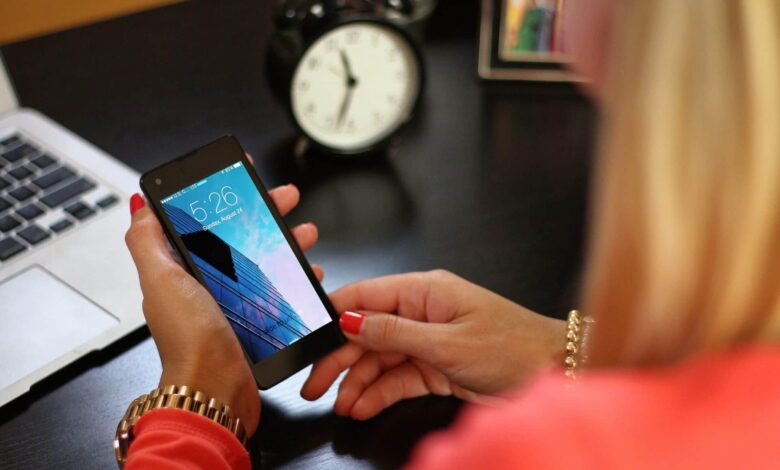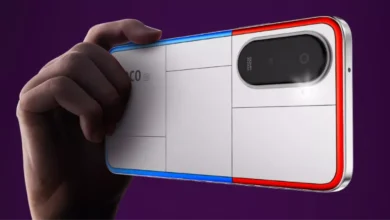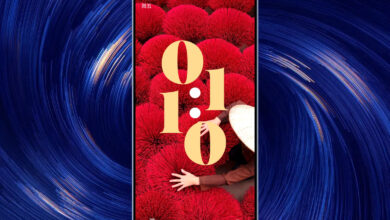
Google has announced a new round of Android updates that promise to significantly change the way people communicate and interact with their devices.
While some features are being refreshed and others are being retired, the overall direction is clear: artificial intelligence and personalization are moving to the center of the Android experience.
For millions of Android phone owners, this update represents one of the more meaningful shifts in how the operating system will support day-to-day communication.
One of the biggest changes comes to Gboard, Google’s popular virtual keyboard.
The app is gaining AI-powered writing tools that can instantly refine your text based on context and intent.
Whether you want to make a message more formal, inject some extra personality, or strip it down to be clear and concise, the new system can help. It will also correct spelling and grammar automatically. Importantly, Google has emphasized that this all happens on-device rather than in the cloud.
That approach ensures personal data stays private while delivering fast results without an internet connection. In an era where privacy concerns are often at the forefront of digital communication, this local AI processing could make users feel more secure about leaning on smart tools.
The update also expands Android’s emoji experience. Google has reworked the emoji and sticker keyboard to include a dedicated browse feature, which makes it easier to search for the right reaction in a sea of options. At the same time, new remixing tools allow users to combine emojis to create their own custom stickers.
The examples Google has shared include playful combinations such as sneakers with butterfly wings, but the feature is designed to give users the freedom to make unique visual expressions.
While Apple has been pushing forward with its Genmoji feature that lets users generate emojis from text prompts, Google’s approach favors remixing and creativity over text-to-image generation, keeping things light and playful.
File sharing across Android phones is also being refined. Quick Share, Google’s replacement for the older Nearby Share, now comes with a redesigned interface that makes the process more intuitive.
Users will notice clearer toggles for sending and receiving, real-time progress indicators, and simplified navigation.
With this change, Google is aiming to make Quick Share not just faster, but also easier to understand for users who may have found previous iterations confusing. Since the feature also works with Chromebooks and Windows PCs, this redesign may encourage more people to use it for cross-device sharing instead of relying on third-party apps or email.
Other smaller but notable additions round out the update.
Audio sharing is getting a boost with support for Low Energy headphones that allow two people to pair with the same device.
This feature could be especially popular for streaming music or watching videos together.
Another quirky but fun addition is the option to create your own Android bot. By uploading a selfie or typing out a description, users can generate a personalized version of the Android mascot, reinforcing Google’s push toward deeper personalization within the platform.
Google has also confirmed that while these features are official, they will roll out gradually, meaning not every user will see them right away.
Android updates often follow a phased distribution model across different regions and devices, so it may take a few weeks before they become widely available.
One notable absence in this update is the phasing out of some features that once gave Android a competitive edge.
Although Google has not spelled out every feature being retired, the company has made it clear that not every legacy tool fits with its current vision of AI-driven personalization and streamlined communication.
The removal of these older features highlights a shift in strategy as Google prioritizes tools that integrate intelligence and creativity over maintaining legacy services.
For Android users, this wave of updates represents more than just cosmetic changes. The AI writing tools in Gboard, enhanced emoji and sticker options, and Quick Share redesign are all centered on making communication smoother, faster, and more expressive.
Add in the fun of personalized Android bots and expanded audio sharing, and it is clear that Google is doubling down on making Android not only practical but also more personal.
These changes may not immediately transform how everyone uses their phone, but over time, they point to a future where the Android ecosystem feels smarter, more connected, and more attuned to the individual user.












